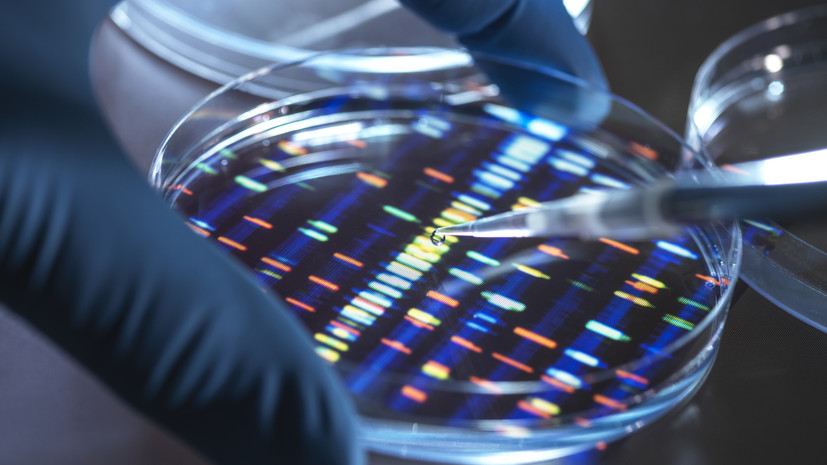"Almost all the features of the organism are determined by genes. So, at the molecular level, eye color, foot length, response to pain and much more are programmed. The same goes for the risk of developing certain diseases. For example, some severe pathologies like cystic fibrosis or hemophilia occur due to the breakdown of only one gene, "the specialist emphasized.
Others, for example, diabetes mellitus, bronchial asthma, rheumatoid arthritis develop due to a complex of factors: lifestyle or environmental conditions must strengthen defective genes in order for the disease to manifest itself, explained the geneticist of the Hemotest Laboratory.
According to her, in the case of addictions, the same scheme works: some people are initially predisposed to their formation, but nothing will happen without the influence of the environment.
"The formation of dependence is usually influenced by genes encoding the work of the main hormones of happiness: serotonin, dopamine and endorphins. For example, the genes ANKK1, COMT, OPRM1, DAT1. They are responsible for reward and pleasure, so if a person develops a lot of them, then the effect develops instantly. In other words, people with certain variants of these genes get more pleasure from alcohol, caffeine or nicotine and suffer less from the consequences, for example, do not feel a hangover, "the specialist said.
However, a genetic predisposition does not mean that a person from childhood will be drawn to alcohol, cigarettes or gambling, the RT interlocutor noted.
External factors also play an important role: it can be the habits of family members and the environment, socio-economic situation, traumatic events.
So, studies have shown that the contribution of genetics to the development of alcohol dependence is up to 65%. Scientists have identified a number of genes responsible for the human response to alcohol.
"For example, the genes ADH1B and ALDH2 are responsible for the metabolism of ethyl alcohol in the body. Other genes associated with alcoholism, scientists include GABRA2, CHRM2, KCNJ6 and AUTS2. If there are errors in them, then a person quickly gets drunk and can practically not experience a hangover. In combination with the environment or family, in which they love strong drinks, such a combo can play a decisive role in the formation of a persistent dependence on alcohol, "Kolesnikova said.
Earlier, therapist Elena Popova told RT why it is in the spring that people often have an exacerbation of chronic diseases.

